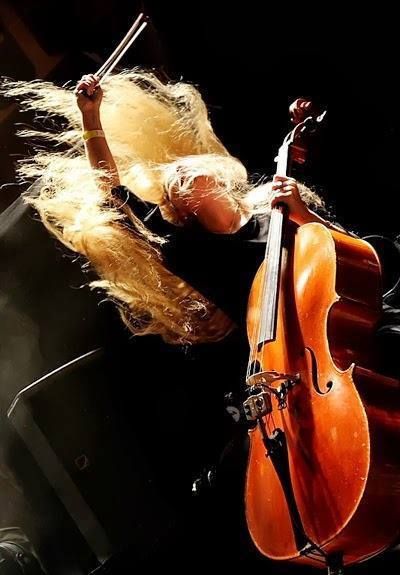by Fraser Hibbitt for the Carl Kruse Blog
Arthur O’Shaughnessy left one good poem behind. Many other Victorian poets left a few good poems behind and they are welcomed in anthologies, noted by the specialist and the student. But who reads Victorian poets these days, besides those who must? A line or two of a lyrical Tennyson passage still crops up quite unexpectedly (I once saw: ‘You came, and look’d and loved the view/Long-known and loved by me…’ on the side of a bus as it went its route), most people probably recognize: ‘it’s better to have lost and loved than never to have loved at all’.
The Modernist rejection of Victorian poetics as unduly lyrical, style over substance, or, in a way, messy, is too obviously undergraduate for anyone who cares about poetry. Some Modernist theorist may have said something along those lines, but a more subtle reflection on Victorian era poetry appears as an in-between thought in an essay by Virginia Woolf (I cannot find the quotation direct): “Surely these new poets are possessed with a modern beauty of their own, but why cannot I remember a single line of theirs? And a line of Christina Rosetti comes springing to mind?”
What flows in an easy rhythm, and sings mellifluously, catches on memory so a passing mood is imbued. It isn’t important for our purposes to think on how or why a poem should be constructed. It may be true that Tennyson was wasteful with words to please his ear; his ear may’ve been correct in some of these judgments. The sound and rhythm often carry beyond their immediacy, into memory and through time. A well-sounded line can be a baffling incantation, and it may open thought sideways if you are not immediately oppressed by a kind of hermeneutics.

O’Shaughnessy’s ‘Ode’. How general a title, and it couldn’t be more fitting. It extends from the distant past to presume the future. The strange song of humanity bounding forth, tugging at the roots of its ancestors in equal measures. If melancholy ever feels divided – a little light pours in, something large of significance breaks the dark mould – here, it is sung:
World-losers and World-forsakers,
On whom the pale moon gleams:
Yet we are movers and shakers
Of the world, it seems
Time for us is revealed through unconscious acts; we pick up from the past the past’s unconscious actions. And we further the song without knowing. The Ode treads out the footprint of our evolution. We are always writing or re-writing, having visions and revisions, dauntless and afraid, ever-conscious of the fact that the truth of it all remains to be seen:
That we dwell, in our dreaming and singing,
A little apart from ye.
But we do not dwell apart in our dreams, that is the burden of the rhyme: to carry to our ears, up and over the fashions of poetry and thought that we now live in. What but is captured here undergoes a “sea-change”, re-arranged by the currents of time, now perhaps living amongst us in plain sight. It does not flow in the Victorian manner nor incantate and entreat the same hope. The order-keepers looking back in hopes of refining the tradition, the tradition that they believe speaks solemnly, with inspiration, will also, at a loss, find they have missed the mark, that they must die and let loose the bonds of inspiration. Where do you look, where couldn’t you look? We only need to listen to ourselves to hear the ‘new numbers’ added to the strict stanzas of ‘Ode’ – that is good enough.
==================
The Carl Kruse Blog Homepage: https://ww.carlkruse.com
Contact: carl AT carlkruse DOT com
Other articles by Fraser include Knotted Brows and Sudden Moaners and ChatGPT.
Another article on this ode is found on the other Carl Kruse Blog here.
Also find Carl Kruse on Goodreads and on the Kruse Rosetta Home Page.